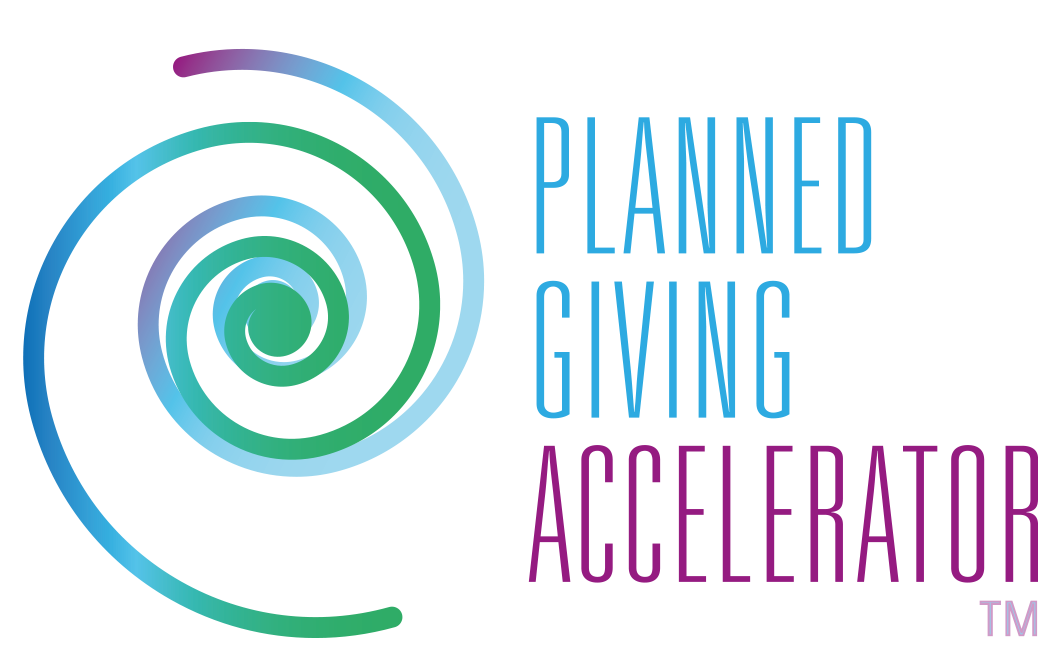
Is Planned Giving part of your fundraising toolkit?
If not, it should be.
Here’s why: Planned Giving – typically bequests in donors wills – represents a rare win-win.
Your organization wins by securing the promise of significant funding that creates long-term financial stability. You win by adding a highly desirable expertise to your resume that benefits you now, and throughout your career.
Start now
Although it may seem counterintuitive, there has never been a more relevant time to focus on Planned Giving.
With the Covid-19 crisis hammering revenues while dramatically spiking demand for services, many organizations are facing difficult decisions regarding staffing and programming.
The instinct is to do everything possible to increase short-term fundraising – and, indeed, that is essential. At the same time, plan for the long-term, so you’re poised for the inevitable crises to come.
We know long-term planning rests top-of-mind for many, many Americans. Just search “pandemic wills surge.”
That’s why Planned Giving shines. With charitable bequests averaging $35,000, they can stand as the foundation of financial stability for your organization for decades and generations to come.
Myths, debunked
Regrettably, many fundraising pros and their orgs don’t commit to Planned Giving because of some persistent misconceptions.
I’ve been railing against these reviled myths for years!
Too many think Planned Giving is complex and requires legal expertise, that it’s an option for only a limited number of wealthy donors, and that it will hamper their short-term fundraising efforts.
Have you fallen prey to these insidious myths?
They don’t hold up under scrutiny. For starters, as an attorney, I assure you that you don’t need an attorney – no matter what the other attorneys may tell you.
Further, done right, Planned Giving is easy. And your donors don’t have to be wealthy to commit substantial gifts to your nonprofit. People of very modest means can be among your best prospects and make substantial gifts in their wills.
As for the impact on other giving, research confirms that having a Planned Giving program often leads to increased giving, as many donors’ feel closer to your mission and values after they’ve committed to include your work in their estate plans.
Resolve to add Planned Giving to your skillset
As you’re thinking through your professional development plan for 2021, consider this: Gaining expertise in Planned Giving will broaden your career and put you ahead of your peers.
Enter Planned Giving Accelerator. It’s the online membership community I created because I want to launch 1,000+ new Planned Giving programs in 2021. Together, we’ll expand and diversify your nonprofit’s fundraising as I make Planned Giving easy, accessible and affordable for you.
The Accelerator will also benefit you professionally. You’ll expand your skillset and boost your career.
For a commitment of about an hour a week, you’ll learn everything you need to know to start and grow a successful Planned Giving program. And it costs way less than a plane ticket and hotel room for that conference you likely won’t be attending next year.
So make a plan to add Planned Giving to your professional toolbox.
It’s a winning strategy for the future of your nonprofit – and for the future of your career.


